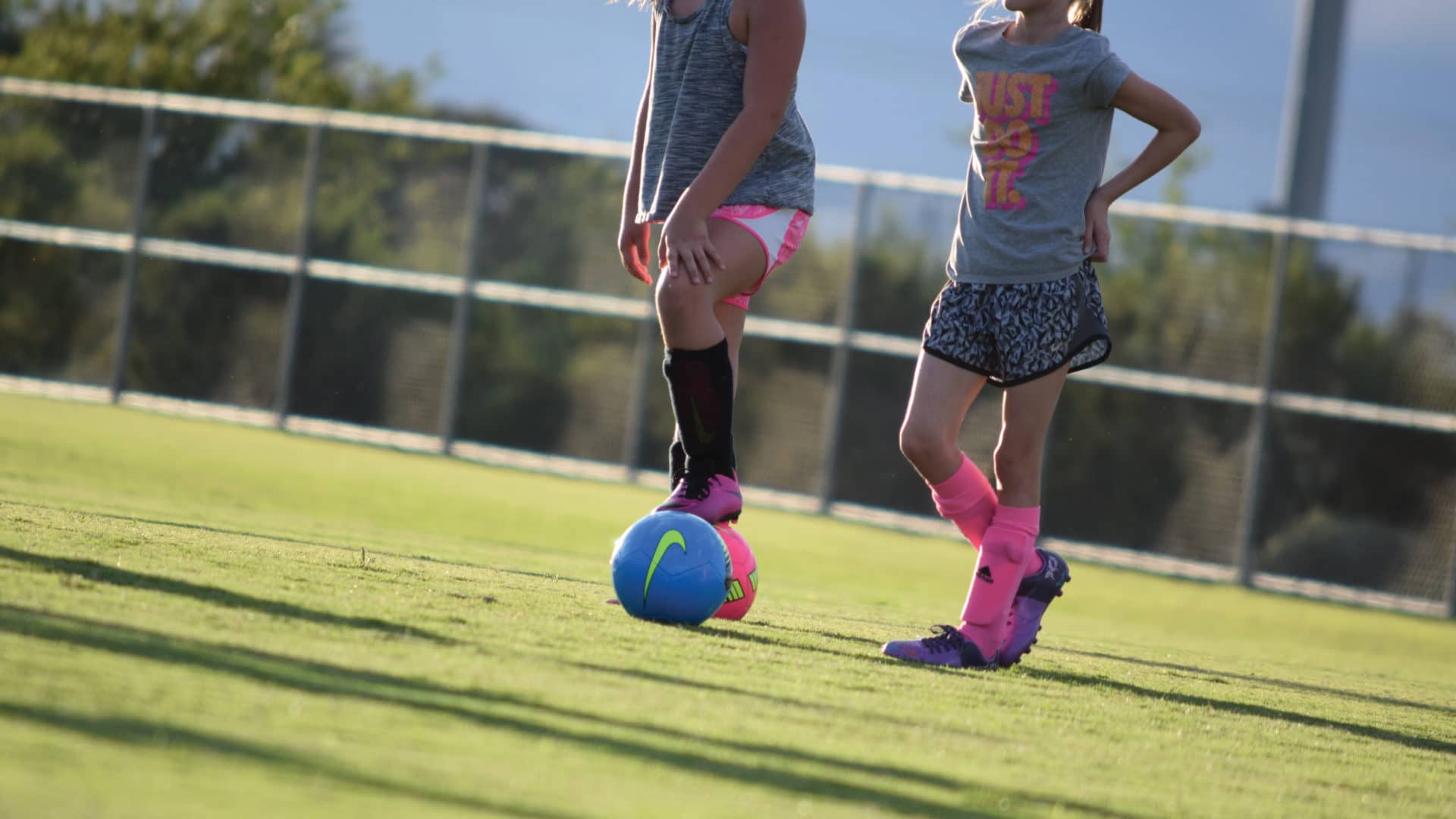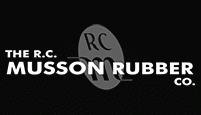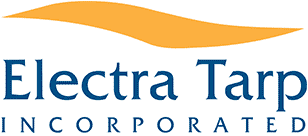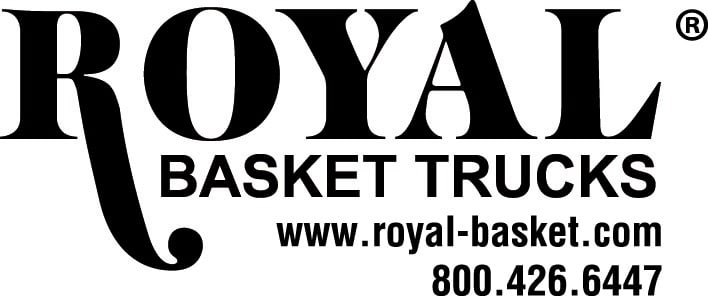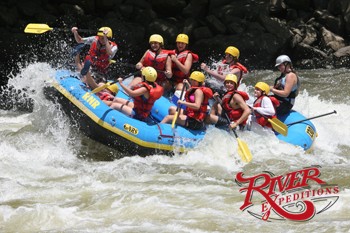By Bob Schindler
Tools. Go into any hardware store and you see lots of them. There are good tools and bad tools, depending on the job you are trying to perform. You can use a screwdriver to chisel wood, but it isn’t the best tool to do so. A good tool is an asset for any workman.
In my role, I often hear these questions:
- Why should our church be involved in sports?
- Isn’t sports ministry something churches tried in the 80s and 90s?
- Aren’t sports – especially travel and competitive sports – actually hurting the church? Shouldn’t we avoid sports?
My short answer to those questions goes something like this:
“Sports are clearly a major idol in our country. As such, they need to be redeemed. When they are redeemed, they become one of the best tools for a church to use as a bridge to connect people and a laboratory to transform them.”
In his book Counterfeit Gods, Tim Keller explains: “What is an idol? It is anything more important to you than God, anything that absorbs your heart and imagination more than God, anything you seek to give you what only God can give.”
A view of the landscape in our country on any given weekend would clearly put sports in Keller’s definition.
As such, the idol of sports needs to be redeemed, to be restored to the original design God had in mind. Whenever we take a good thing and make it an ultimate thing, it is an idol. So it is with sports. Sports, designed to be a good thing, has become an ultimate thing. Sports is not to be eliminated but removed from its ultimate place and returned to its good place. This is what redeeming sports is all about.
The church is designed to bring about redemption things that we idolize – like sports. The local church needs to embrace sports, not shun them.
When sports are embraced and redeemed, they become a great tool for the local church. Bridges are designed to connect us. They are needed when we are separated from others in some way. Bridges allow us that cross that separation and connect. As a universal language, sports form a bridge and enable us to cross many barriers that separate us such as gender, age, socio-economic, and even religious ones.
Hopewell Baptist Church Senior Pastor Lee Pigg puts it this way:
“We believed that with the growing interest of families in different forms of athletics and recreation that we could use sports and recreation to reach people. Our main thought was that we could do this for a totally different purpose that the other opportunities available to families that would be of an eternal value. We started with no fields and no staff, but God blessed our efforts. Now, seven years later, we have six baseball fields of different sizes, soccer fields, a field house, basketball taking place at three gyms, Christ Fit and other initiatives happening. In those initiatives, we have 1,100 children and 600 adults involved in our recreation ministry from both our church and community. The impact on our church has been amazing, and the impact on the kingdom of God will last forever.”
Sports are not only a bridge to connect, but they are also a laboratory to transform. Laboratories are safe, controlled environments in which to conduct experiments to learn ideas that can then be applied to daily life. As a microcosm of life, sports form such a laboratory. They give us a controlled environment to run experiments, like games, to learn about ourselves and others so that we can take those lessons into life.
Famous UCLA basketball coach, John Wooden, declares, “Sports don’t build character; they reveal them.” That revelation is the first step to transformation.
Sports are an effective tool for transformation not only because of the revelations gained but also because of the proximity to learning. Any teacher knows that the closer you get the application of an idea to the teaching of the idea, the better the possibility for application. With sports, the teaching and the application can be right next to each other in practices and games.
Think for a moment about teaching about serving through a soccer drill on passing. It might go something like this:
“We have been learning to pass today. Passing the ball is like sharing your toys. You will not be a good teammate or a friend unless you are willing to share. Jesus taught that the greatest in His kingdom is one who serves. In fact, Jesus said about himself, “I came not to be served but to serve and to give my life as a ransom for many.” He didn’t just share his stuff but his whole life. If you learn to share the soccer ball with your teammates, it will help you share your toys with your friends and understand something of Jesus’ heart in giving his life for you.”
The coach or parent can, right after this teaching, observe the application of this teaching by the players. They can direct comments specifically to positively affirm or correct these efforts toward even greater application.
Why use the tool of sports? Because, as a redeemed idol, they become a great tool as a bridge to connect people and a laboratory to transform them. With this in mind, why not pick up such an effective tool?
Bob Schindler is the chief operating officer of CEDE SPORTS, where he has served since 2003. CEDE SPORTS strives to mobilize churches and chaplains through sports, www.cedesports.org.


